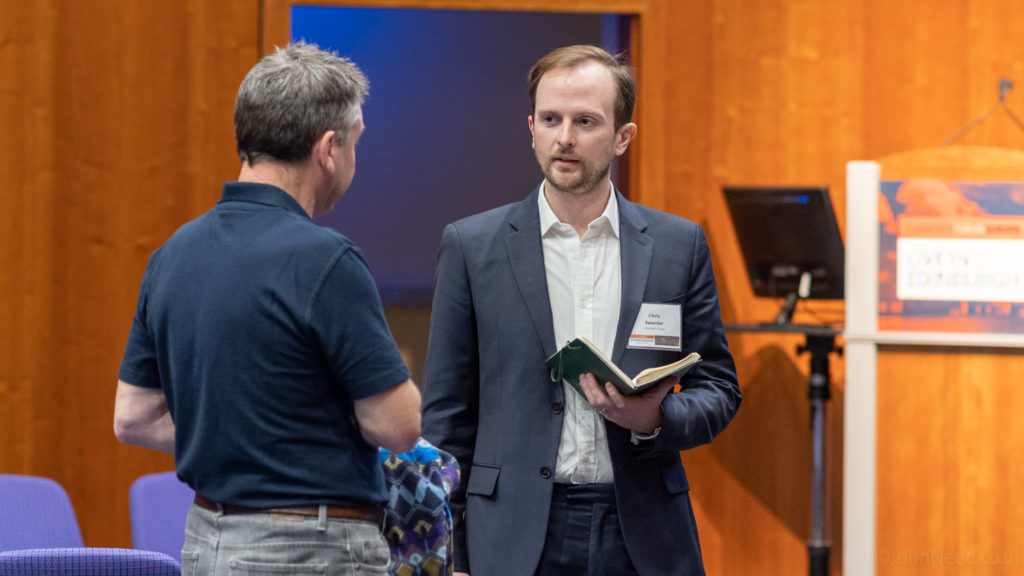Cultivated Proteins, Indoor Farming, and Natural Capital Dominate Agriculture & Food at Cleantech Forum Europe Live In Edinburgh
Protein
As we ate supper in the same hall where Dolly the sheep is on display at the National Museum of Scotland, it felt right that we heard from Ernst van Orsouw from Roslin Technologies on how they are using IP that originated in that research to pave the future of cultivated proteins. As market predictions see growing market share for this technique over the next ten years, and fundraises such as Upside Foods $400 million are clear market signals, it vital to hear where it all starts: the starter cell. Roslin are providing pluripotent (infinitely replicating) starter cells that can be fine tuned to what you are growing, and you don’t need to return to a donor animal ever again. The company supplies the majority of the global manufacturers you will see raising commercialization funds with this fundamental product.
Indoor Farming
Another leading Scottish innovator based down the road in Dundee is Intelligent Growth Solutions. David Farquhar, CEO, helped our audience understand the key drivers of indoor growing systems. Having recently raised $58 million Series B announced at COP26, the company is aiming to roll out 100 installations across four continents this year. This growth follows an acceleration from one site to 30 during the pandemic. A key finding in David’s presentation we agree with is that successful startups in this market are growers or technology providers and rarely both. In an economy where food security is increasingly valuable, the ‘John Deere of vertical farming’ looks set to roll out globally at sprinting pace.

Natural Capital
Natural capital was the key talking point for agriculture and food-focused investors, corporates, and startups at Cleantech Forum Europe in Edinburgh. As the industry begins to coalesce around standards, regulation and marketplaces are being created to drive an industry in measuring, monitoring and monetizing ecosystem services for all land use, including agriculture.
Nature-based solutions are difficult to predict, underwrite, finance, and price incentives and penalties for. Measurable categories including biodiversity, carbon removal, water quality, and more, interact to form an overall picture of ecosystem health. The landscape of innovation looking to measure, manage, monitor, and monetize these attributes is full of opportunity.
However, the landscape is still fragmented. Some innovators are looking to solve a single piece of this puzzle such as soil carbon content measurement, or biodiversity measurement and monitoring. Others are looking to facilitate the monitoring, reporting, and verification steps required to create a tradeable asset. Another set of innovation is looking to connect these assets with buyers through marketplace, labelling, or other transactional mechanisms.
To help us unpick this landscape we were fortunate to hear from the following on our panel ‘Measuring and monetizing Natural Capital: New Approaches’ co-hosted by myself and Holly Stower, Lead Resources and Environment Analyst, Cleantech Group:
- Annie Leeson, CEO, Agricarbon. A provider of low cost soil carbon testing services.
- Robert Gerlach, CEO & Co-Founder, Klim. A provider of a regenerative agriculture app for farmers including a labelling product to connect regenerative producers and consumers.
- Toby Parkes, CEO, Rhizocore Technologies. Developer of a mycorrhizal fungi additive to improve tree planting success.
- Stefanie Kaiser, Sector Head for Nature-based Climate Solutions and Forestry, NatureMetrics. A biodiversity monitoring solution provider using eDNA measurement.



